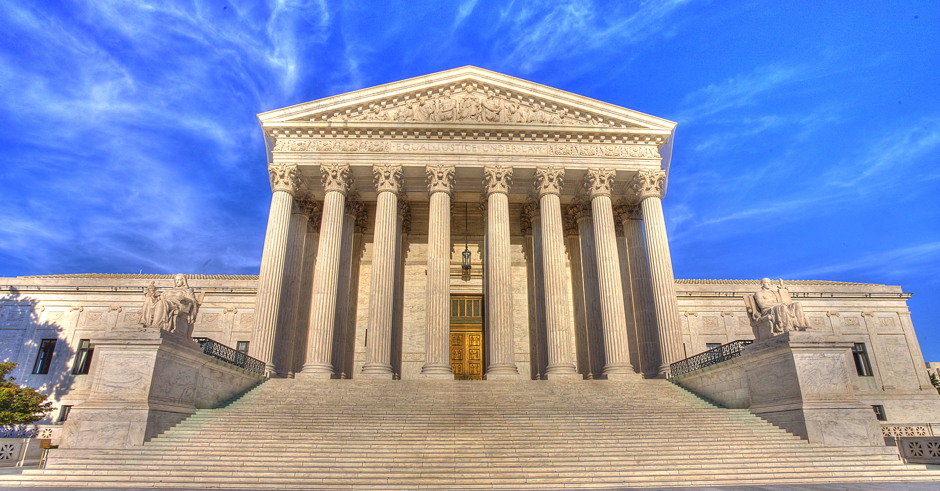[ad_1]
In some ways, one of the final decisions of the Supreme Court term, 303 Creative LLC v. Elenis, has echoes of another case that was decided a few years ago, Masterpiece Cakeshop v. Colorado.
Both cases involve a small business owner (in the latter a baker, the former a website designer), who claim that Colorado’s anti-discrimination law prohibits them from exercising their faith and conscience and compels them to endorse same-sex marriage in their services, and both are represented by the Alliance Defending Freedom (ADF), a far-right legal organization considered a hate group by the Southern Poverty Law Center.
But there’s one interesting difference, notedThe New Republic: in 303 Creative, the business owner, Lorie Smith, wasn’t even asked to design a website for a same-sex couple in the first place, and the claim they are compelled to do so was entirely fabricated.
“Unlike the Masterpiece Cakeshop case, which at least involved real customers wanting a real cake, there is no wedding website,” wrote Melissa Gira Grant. “No person has hired Smith to create a wedding website. In fact, Smith has never designed a wedding website, according to her petition to the court. As such, there is no client Smith has told she is rejecting due to her stated religious beliefs that marriage is only allowed between one man and one woman. In the absence of all that, ADF has, instead, fashioned Smith as the victim of an injury that has never occurred.”
READ MORE: Trump rages at Fox News for using ‘absolute worst’ photos of him
Rather, Smith’s argument is that the fear of potentially being asked to design a website for a same-sex couple has prevented her from going into the wedding website business entirely, depriving her of the free expression of doing so. But even that isn’t really true, because, “The anti-discrimination act her suit challenges, the ACLU argued in its brief in the case, ‘does not prescribe any particular message that artists — or anyone else — must express. If it did, the ACLU would challenge the law as a content-based compulsion of speech.’”
As the report noted, ADF, which has adopted “anti-wokeness” rhetoric in their prosecution of the case, doesn’t care about any of this — they are simply trying to use this as a test case to create precedent that public accommodation itself is a form of religious discrimination, something they didn’t get in Masterpiece Cakeshop.
“This strategy is central to ADF’s project of eroding the separation of church and state, as investigative journalist Sarah Posner has extensively reported,” said the report. “In the judicial realm, ADF has worked since the 1990s to uphold patriarchal sex and gender norms in American law, from crafting same-sex marriage bans and defendingCalifornia’s Proposition 8 to creating model abortion ban legislation and defending these bans all the way to the Supreme Court, ultimately ending Roe v. Wade. ADF and its allies have proven that they are in this for the long haul, and have the resources to be: The group has a $76 million annual budget and thousands of attorneys in its network.”
Image by MitchellShapiroPhotography via Flickr and a CC license
The post Supreme Court Could Soon Take Hatchet to Anti-Discrimination Laws Based on Entirely Fabricated Case appeared first on The New Civil Rights Movement.
[ad_2]




